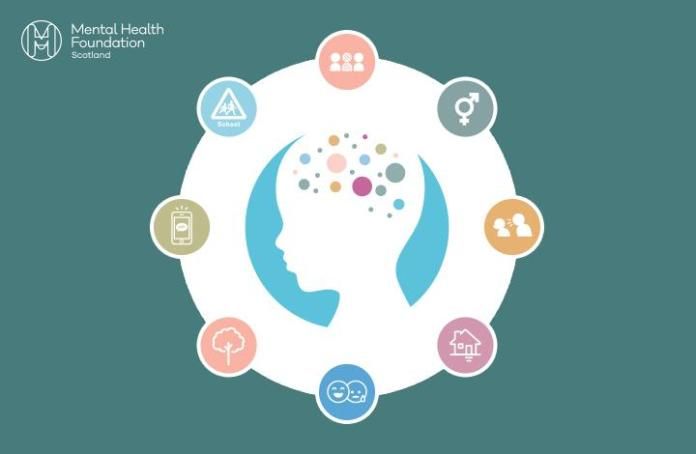Themes of adulthood: a study of four life transitions and their impact on our mental health
As part of the Mental Health Foundation’s 70th anniversary, we commissioned a series of reports, each looking at some key factors that can challenge and support our mental health at different stages of life.
This is the second of these reports, focused on what has traditionally been referred to as ‘working-age adulthood’. It is intended as an exploration of a selection of life transitions that can have a profound effect on our mental health and a call to action for how we can better protect and promote good mental health in the context of these life experiences.

We selected four life transitions – pregnancy and early parenthood, unemployment and job loss, moving home and housing problems and bereavement to investigate in-depth. We recognise that there will be many other experiences in adulthood that are equally as impactful; however, we believe there are lessons to be learned from these four which translate across many different types of life transitions. They are significant because they represent key moments of upheaval, uncertainty and change, which many of us will encounter during this period of our lives. They have also become more salient in the context of the COVID-19 pandemic.
We worked in partnership with Citizens Advice Wandsworth, Pregnancy Sickness Support, The Motherhood Group and Cruse Bereavement Support to hold online discussions with people who have experienced each of these life events. We also worked with the Cochrane Common Mental Disorders group at York University to review the existing academic research on what works to support mental health across each of these experiences and brought this together with a nationally representative polling of 3879 UK adults aged 18 to 64 from Deltapoll.
Despite on the surface being very different experiences, we found several common themes across pregnancy and early parenthood, unemployment and job loss, moving home, and bereavement in terms of how moments of transition in adulthood are often accompanied by feelings of worry, lack of control, and uncertainty. These feelings are natural responses to change but can also be distressing and can adversely affect our mental health, particularly when we do not have the social and formal support we need at such times.
Our polling found that while most of us did feel supported during these times in our lives, a substantial minority of UK adults did not benefit from any type of formal, or informal, support during their own experience of these life events, particularly those from the lowest-income households. This is crucial because across all four themes, social support from family and friends, and support from voluntary and outreach services (such as peer support and advice lines) were central in helping people to navigate these times of transition in their lives.
All of us need a basic level of support during times of transition and uncertainty, which recognises each of us as individuals, and helps to build our capacity to navigate change. For many (though not all) of us, this will come from our families, friends, and communities; however, some of us may need additional help from more formal sources. Ensuring this range of culturally appropriate universal and targeted support is available is crucial to promoting and protecting mental health during life transitions experienced in adulthood. For this reason, we want to see – at national and local levels - a whole-government approach to addressing the issues that protect and pose a risk to our mental health, which should include:
- Improved funding for, and greater provision of, voluntary and outreach services, including peer support, which provide valuable and impartial support for those experiencing a broad range of life transitions.
- Families, friends, and wider communities (including community leaders) being recognised as vital resources in helping to prevent mental health problems during life transitions experienced in adulthood, and for support to be provided to help them recognise when people are struggling.
- Every locality working with their local community, particularly those from low-income households, to better understand their experiences and the types of support they would find helpful, and to identify any barriers to accessing wellbeing and resilience services and other more informal types of support.
Preventing mental health problems in children and young people
This report 'State of a Generation: Preventing mental health problems in children and young people' focuses on childhood and young adulthood as a particularly important time for development and mental health.
Read the report
A-Z Topic: Parenting and mental health
Being a parent with a mental illness can be hard. But with the right support, you can be a good parent while managing your mental health.
A-Z Topic: Postnatal depression
Postnatal depression is a type of depression many people experience after having a baby. It’s not the same as the ‘baby blues’: it needs treatment so you can recover.
A-Z Topic: Housing and mental health
Housing and mental health are closely linked. People with mental health conditions are more likely to live in poor housing and having housing problems can make your mental health worse.
A-Z Topic: Welfare and mental health
If you have a mental health condition or you’re on a low income, you may be entitled to claim benefits to help you pay for day-to-day things.